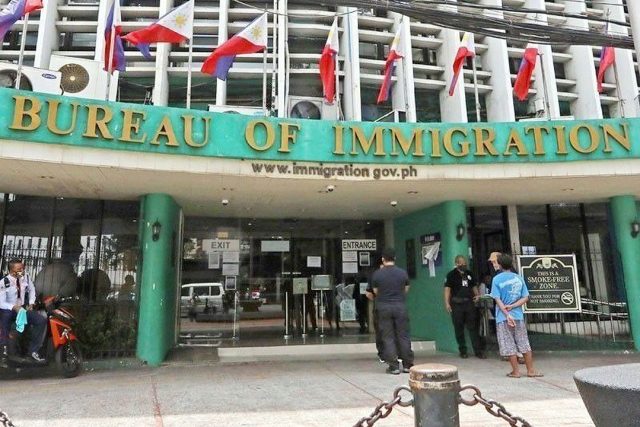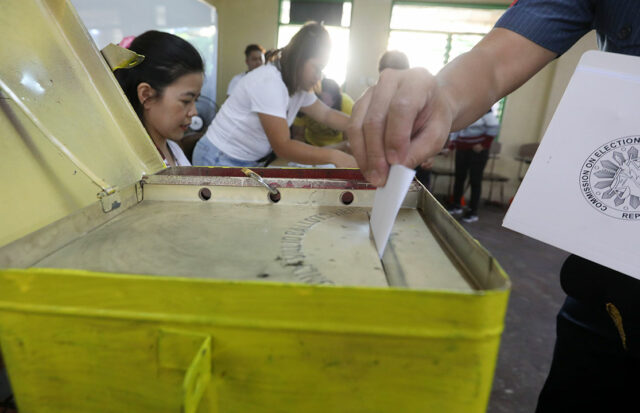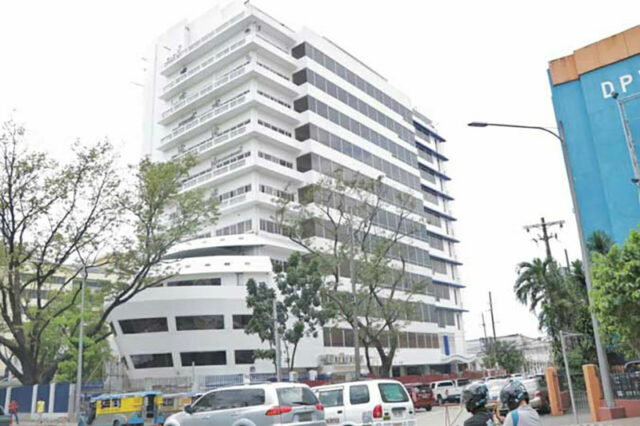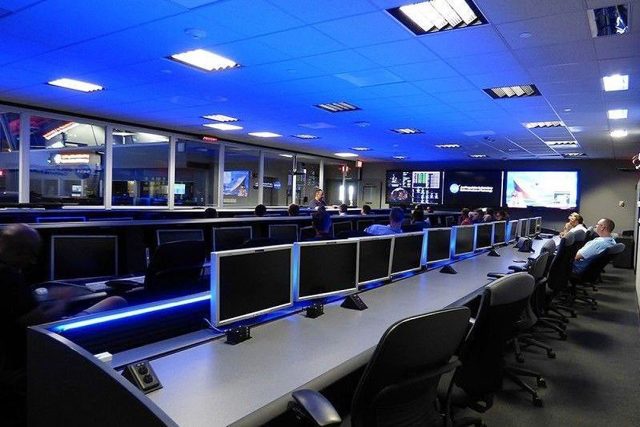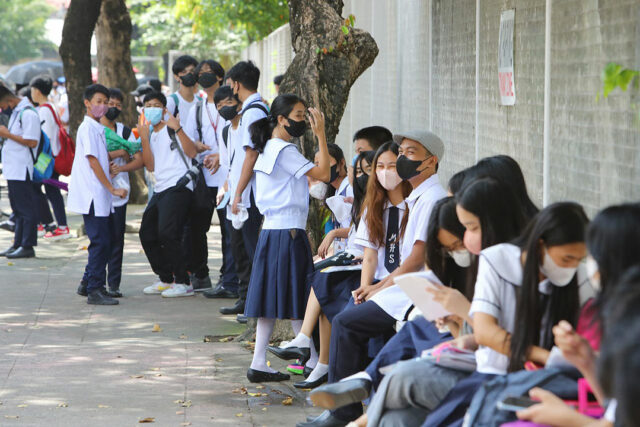Congressman slams call for Marcos to resign
A LEADER in the House of Representatives has scored a former House speaker for urging President Ferdinand R. Marcos, Jr. to resign amid escalating tensions with China over the South China Sea, saying the call reeks of “political maneuvering.”
“Former Speaker Pantaleon Alvarez’s remarks are not only defeatist but dangerously naive,” House Deputy Majority Leader Jude A. Acidre said in a statement at the weekend. “To suggest that President Marcos Jr. should resign in the face of aggression is to misunderstand the very essence of leadership and national sovereignty.”
The party-list congressman was reacting to Mr. Alvarez’s statement last Wednesday in which the latter suggested that Mr. Marcos should resign and leave the leadership in the hands of Vice President Sara Z. Duterte-Carpio to de-escalate tensions with China.
Mr. Alvarez added that the Philippine government cannot afford to escalate tensions with China as the Philippines “cannot compete with China in terms of military strength.”
However, Mr. Acidre said the country should remain steadfast in its claim over contested waters in the South China Sea regardless of military capabilities. “We must stand firm in defending our territorial integrity and uphold our rights in the West Philippine Sea,” he said.
Commenting on the matter, Ateneo de Manila University Political Science Lecturer Hansley A. Juliano said Mr. Marcos resignation will be disadvantageous to the Philippines regardless of his “flaws and democratic deficits.”
“To displace him is to further displace our current standing in the emerging regional tension, which will ultimately be disadvantageous to Philippine security interests,” he told BusinessWorld in a Facebook Messenger chat.
House Assistant Majority Leader and Lanao del Sur Rep. Zia Alonto Adiong said in a statement that Mr. Alvarez’s underlying motive for issuing such statements must be questioned as “political strategies, not genuine concern for national welfare.”
“His (Mr. Alvarez’s) call for President Marcos Jr. to resign reflects only his pro-China stance and not any true concern for the plight of fellow Filipinos,” Mr. Adiong said.
Mr. Juliano said Mr. Alvarez’s statement has “zero credibility” as “he is essentially speaking like a mouthpiece of Mr. Duterte’s pro-China pivot.”
Mr. Alvarez, a close ally of former Philippine President Rodrigo R. Duterte, served as Speaker of the House from 2016 to 2018. — Kenneth Christiane L. Basilio






